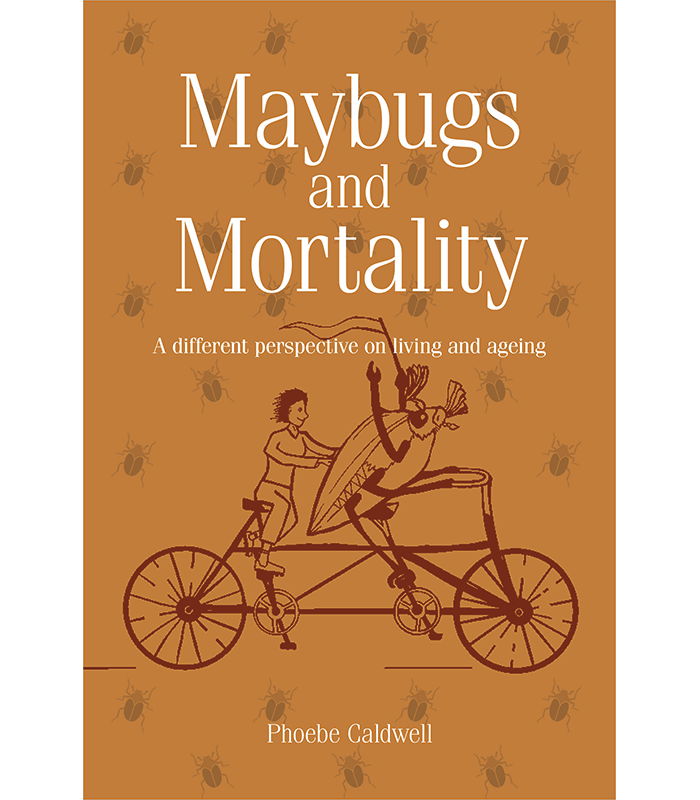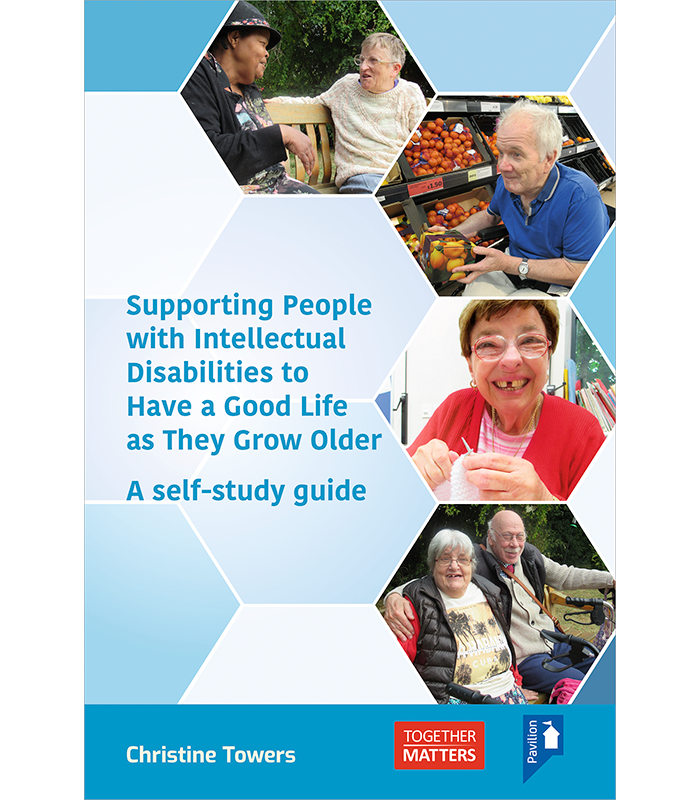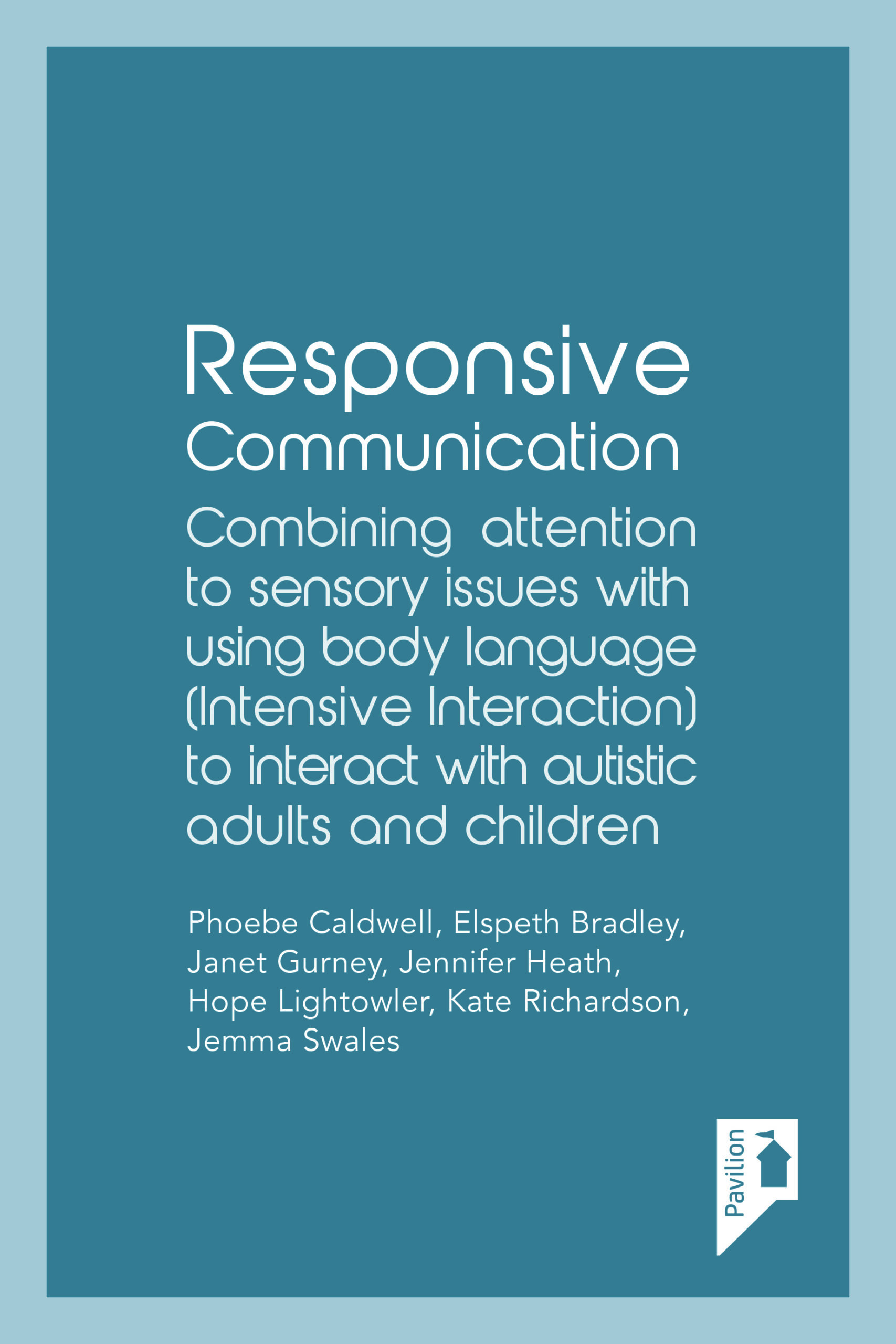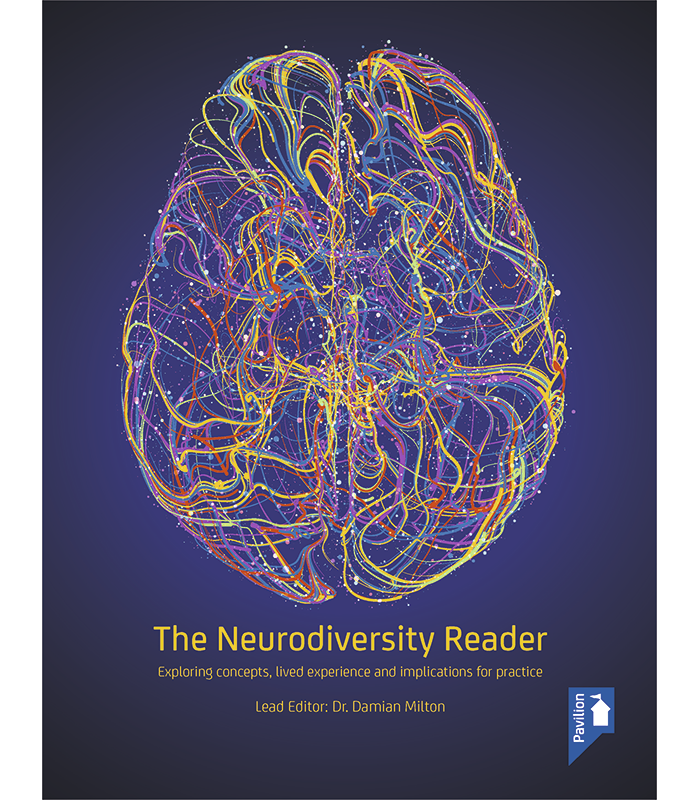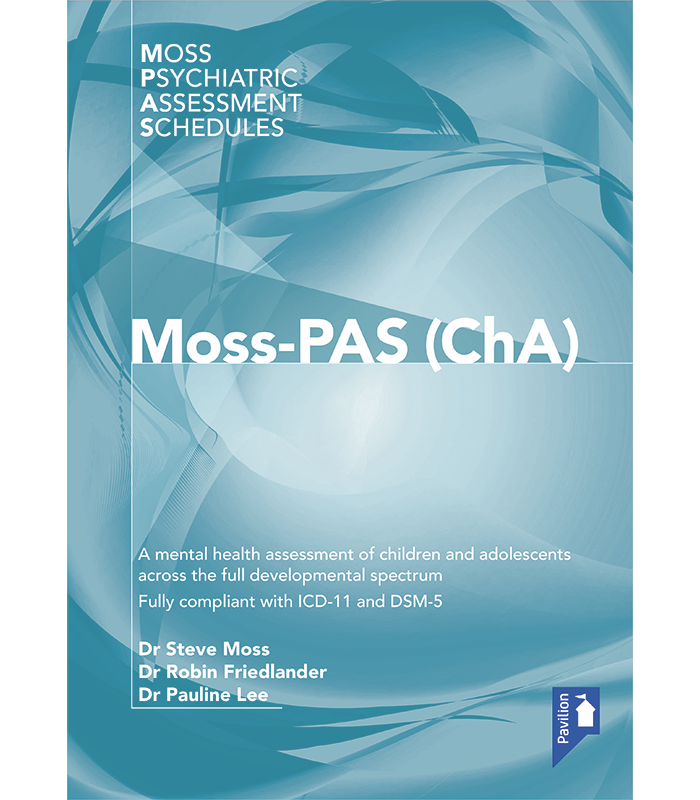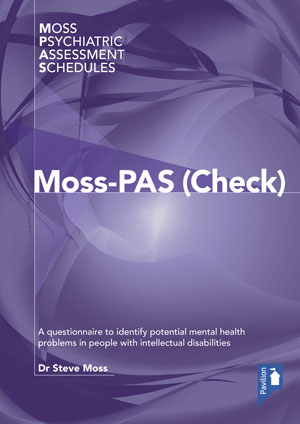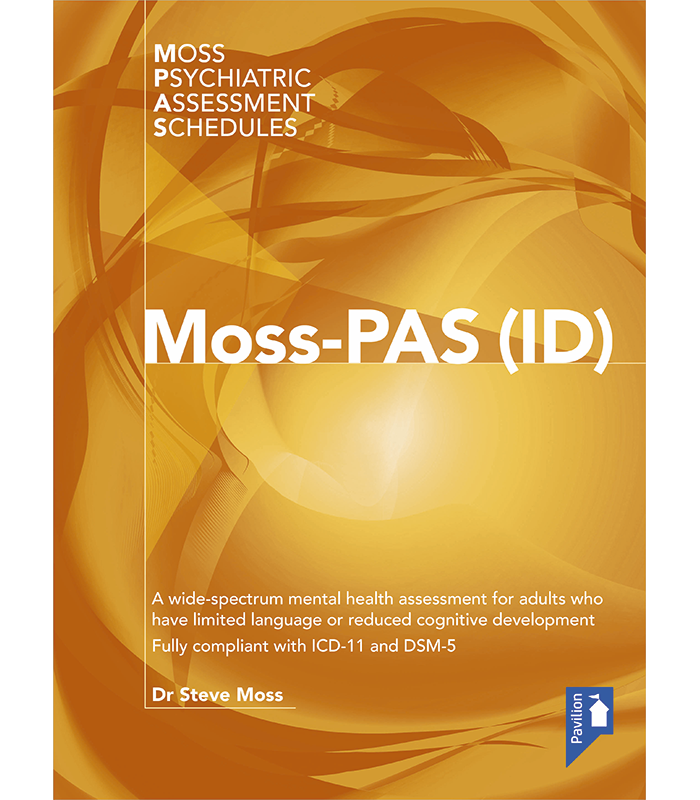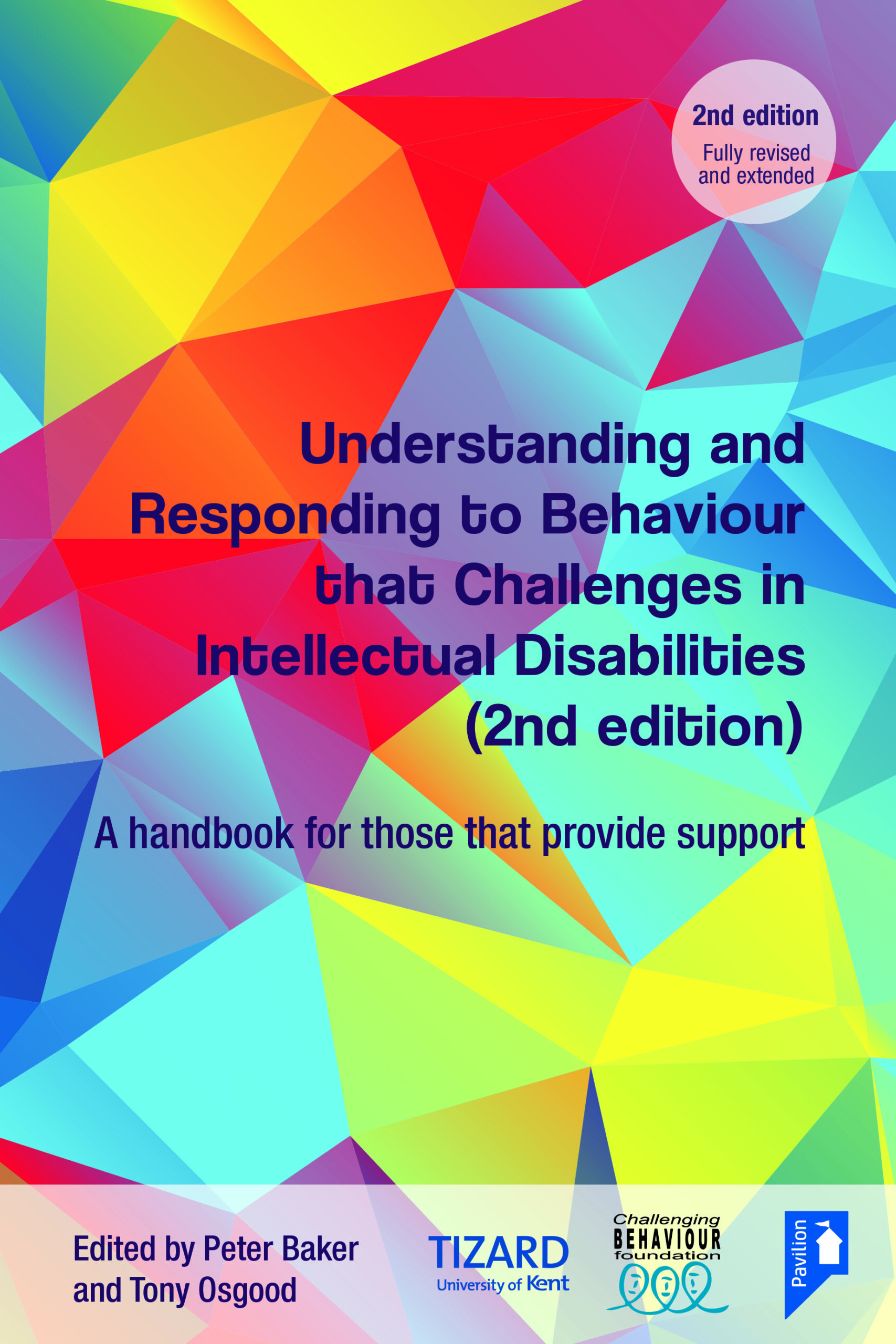
Children and adults with intellectual or developmental disabilities (IDD) and/or autism who display behaviour that challenges, are particularly vulnerable to being misunderstood and inappropriately supported, despite policy and best practice guidance. Children and adults whose behaviour challenges are also vulnerable to having fewer opportunities to engage in society, having their quality of life reduced, experiencing abusive or coercive practice, and being placed in schools or services many miles from home.
Many families of children whose behaviour challenges often remain likewise unheard and isolated. The intention is that upon reading the book family members and support staff will better understand behaviours and help to improve the quality of the lives of people with intellectual disabilities.
The book is split into four sections, each representing a crucial step in understanding behaviour that challenges. Part 1 presents fundamental approaches to thinking about and responding to behaviour that challenges. Part 2 is all about trying to understand the messages underpinning the behaviour. Part 3 is about putting into action the knowledge gained through exploring and assessment. Part 4 is reflective in nature and considers the real experiences arising from supporting people whose behaviour challenges and the implications.
The new edition is a complete revision and updating of content, aiming to address key knowledge requirements and concerns of people working in the field, with opportunities for reflection and professional development. The content is illustrated by case studies to help the reader explore how to best to address issues in practice.
You may also be interested in our Ten Rules for challenging behaviours.

